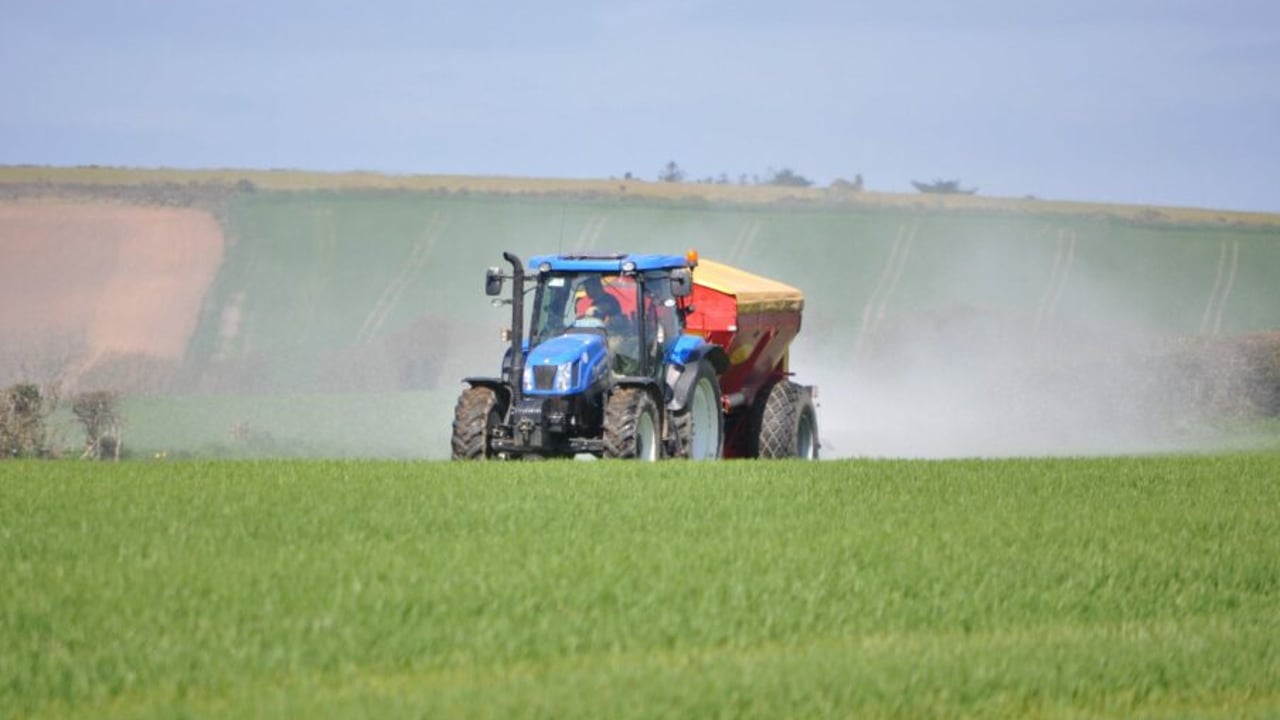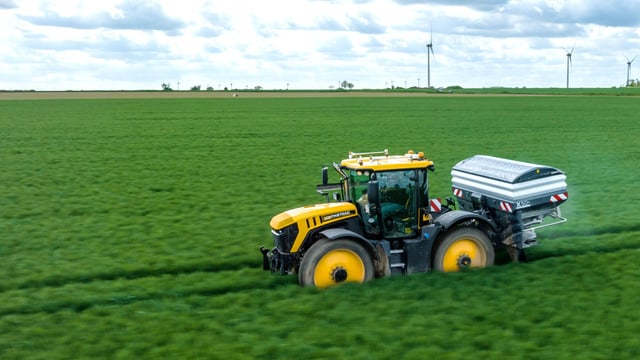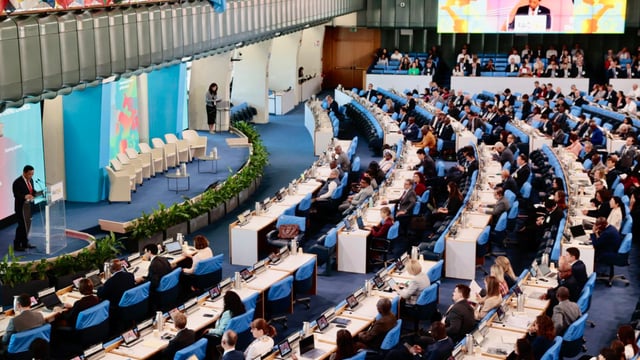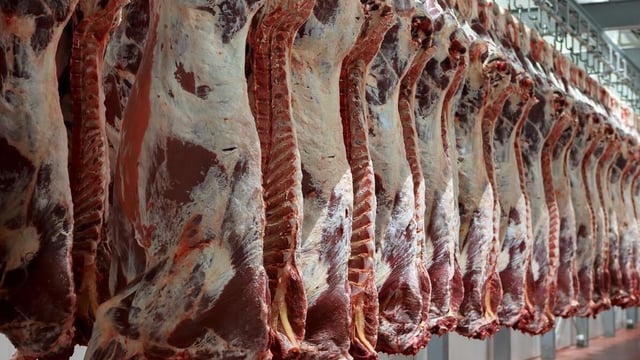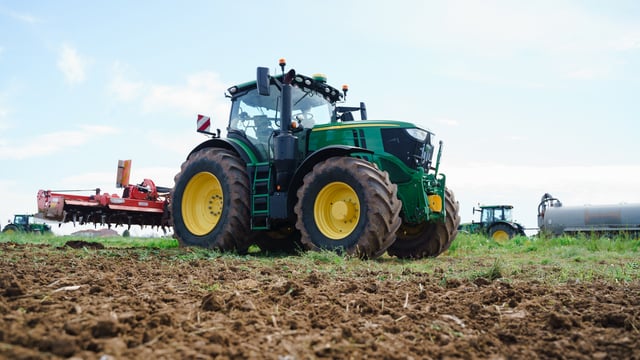EU Council adopts controversial tax impacting fertiliser imports
EU member states have formally adopted controversial changes to a tax on carbon intensive imports into the EU, which will include fertiliser.
The Council of the EU has adopted the amendments to the Carbon Border Adjustment Mechanism (CBAM), which will seek to provide simplification to the measure.
The CBAM places a carbon tax on goods imported into the bloc from third (non-EU) countries when production is carbon intensive and at most significant risk of carbon leakage.
The sectors to be impacted by this tax include fertiliser, cement, electricity, iron, and steel.
The CBAM is currently in a transitional period where importers are required to report their import volumes. However, from January 1 of next year, importers will have to pay to receive CBAM certificates for the goods they import.
There are concerns from farm organisations that the CBAM, along with tariffs on fertiliser from Russia and Belarus that are due to come into force, will increase the cost and reduce the availability of fertiliser for EU farmers.
The regulation adopted by the council today will seek to reduce the regulatory burden of the CBAM by confirming exemptions for lower levels of products being imported, the council said.
The council said that the "climate ambition" behind the CBAM remains unchanged, with around 99% of emissions still covered by the regulation even with the new simplfictions.
The amendments set a new 'de minimis' mass threshold whereby imports up to 50t per importer per year will not be subject to CBAM rules.
The measure is expected to exempt from CBAM mainly small and medium-sized enterprises (SMEs) and individuals, which import small or negligible quantities of goods covered by the CBAM regulation.
Another amendment will allow importers to avoid disruption at the start of 2026 while they await CBAM registration, with continued importation of goods under certain conditions allowed before the importer is registered.
The amended regulation also contains several other simplification measures for all importers of CBAM goods, regarding the authorisation procedure; the data collection processes; the calculation of emissions; verification rules; and the financial calculation of liability for exporters.

